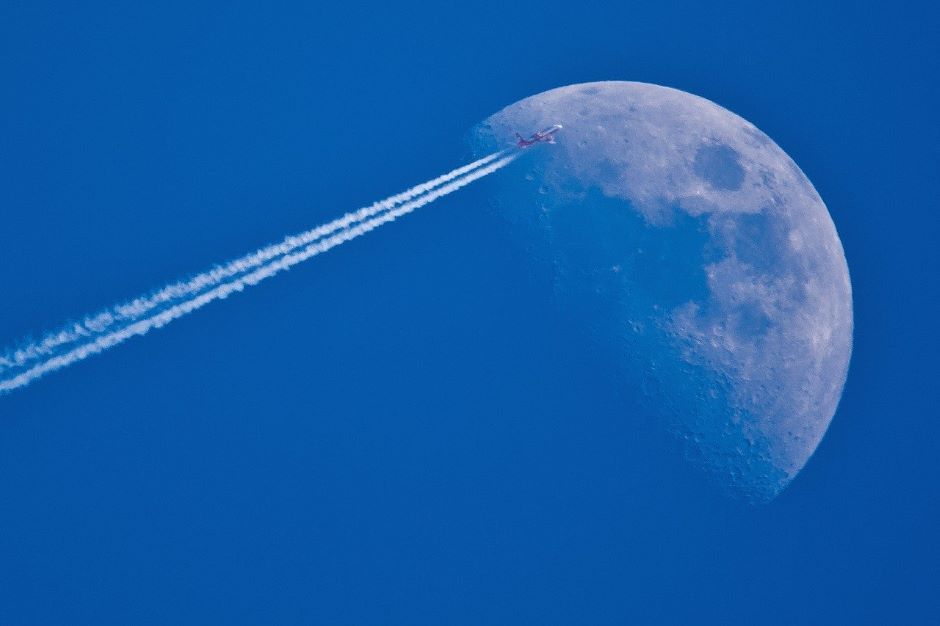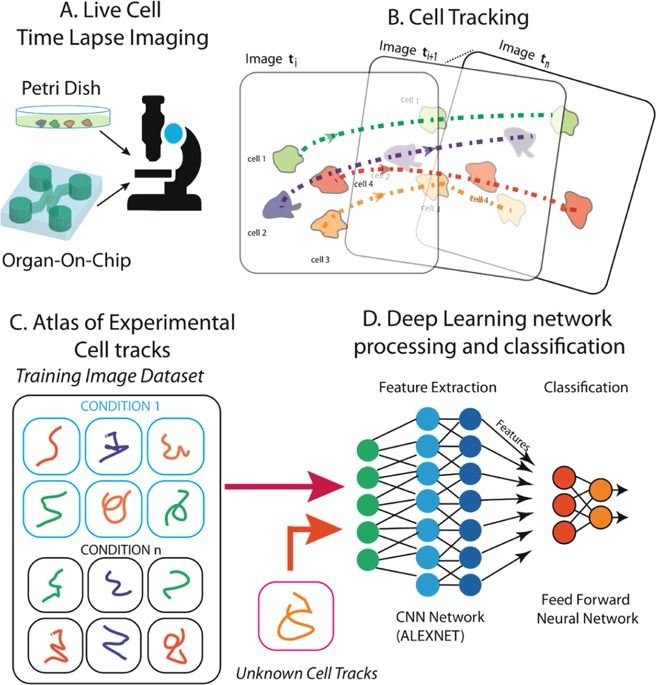Fleets of small, low-cost amphibious warships are absolutely critical to how the Marine Corps’ plans to fight in the coming years.
Get the latest international news and world events from around the world.


A Discovery That Long Eluded Physicists: Superconductivity to the Edge
Princeton researchers detect a supercurrent — a current flowing without energy loss — at the edge of a superconductor with a topological twist.
A discovery that long eluded physicists has been detected in a laboratory at Princeton. A team of physicists detected superconducting currents — the flow of electrons without wasting energy — along the exterior edge of a superconducting material. The finding was published May 1 in the journal Science.
The superconductor that the researchers studied is also a topological semi-metal, a material that comes with its own unusual electronic properties. The finding suggests ways to unlock a new era of “topological superconductivity” that could have value for quantum computing.

Plasma jet thrusters make push for propulsion
Researchers in China have demonstrated a prototype device that uses microwave air plasmas for jet propulsion, an advance that could one day replace fossil fuel combustion engines.
The team from the Institute of Technological Sciences at Wuhan University describe the engine in AIP Advances.
Waiting in the wings: How plasma could help revolutionise aircraft design.

Chinese Kennel Owner Caught Stealing Electricity to Power Underground Bitcoin Mining Farm
The largest oil field in the People’s Republic of China has been a target for individuals and organizations attempting to mine bitcoins with free electricity. After a bunch of mining farm operators allegedly got caught last summer, a dog kennel owner was recently busted for running cable lines in order to siphon free electricity from China’s Daqing Oil Field. The mining farm owner was arrested, as police found 54 ASIC miners stored in an underground bunker with dog kennels on top making it seem like a legitimate operation.
Electrical costs in China are cheaper than most places around the world, and that is why there is a high concentration of China-based bitcoin mining operations. To this day, it is estimated that more than 60% of today’s bitcoin miners operate in China. On April 26, the regional publication dbw.cn/heilongjiang published a report that explained a bitcoin miner was just arrested for allegedly stealing free electricity from the Daqing Oil Field. The report notes that the mining farm operator got away with the free electricity for months in order to power 54 mining rigs underground.
Further investigation shows that the mining farm owner also operated a K-9 kennel housed with dogs above the bunker. The cover made it seem like he was operating a legitimate business, while he had long cables running into China’s largest oil field. The oil field in Daqing is located between the Songhua river and Nen River. Estimates show that Daqing Oil Field has produced well over 10 billion barrels since the operation started. The man who was busted running cable lines into the oil field is not the only entrepreneur who has tried that specific method. Daqing Oil Field has been a target for many bitcoin mining operators who have attempted to run cables into the plant.

Chinese Court Declares Ethereum Legal Property With Economic Value
There is an interesting case of a blockchain engineer and a crime in the article.
A district court in China has reportedly ruled that Ethereum’s cryptocurrency is legal property with economic value. This ruling follows a couple of other verdicts on the legality of cryptocurrency, including bitcoin, by various Chinese courts. While cryptocurrency is not legal tender in China, people can hold and transfer them like property.
The Shenzhen Futian District People’s Court in Guangdong Province, China, has ruled that ether is legal property, protected by Chinese law, local media reported last week. This means that the Chinese are not barred from owning or transferring the cryptocurrency, local publication 8btc explained, adding that according to the court ruling:
The crypto assets represented by ETH have economic value and can be traded publicly.

NeoTechnocracy – The Future is Worse than You Think
Dystopia is closer than you think.
This is the short closing speech I delivered at the 2019 Dark Futures meetup in Toronto. Not my finest speech but, since event organizer and futurist Nikolas Badminton kindly gave me a video of my keynote, I thought it may be good to share it publicly and gather your critical feedback. Feel free to post your comments below.
Title: NeoTechnocracy: The Future is Worse than You Think.
Health & Aging post COVID-19: Ole | Apollo, Aubrey | SENS, Sonia | 100 Plus Capital, Reason | Repair
Aubrey De Grey and Reason from ’ Fight Aging’:
How can the current public focus on health be leveraged to promote a focus on prevention of disease, and aging as root cause for diseases?
Ole mensching, apollo ventures aubrey de grey, SENS research foundation sonia arrison, 100 plus capital reason, fightaging
Zoom Session Transcriptions: https://otter.ai/s/2brwTOXwS4qcBOe8P_1Jhw
Hivemind | long-term futures in times of acute crisis.
The Weirdest, Wildest Ways We’re Using Drones—and What’s Ahead
The US aviation industry is redefining the regulations that govern drones, which will eventually unleash even more (and likely even weirder) applications.